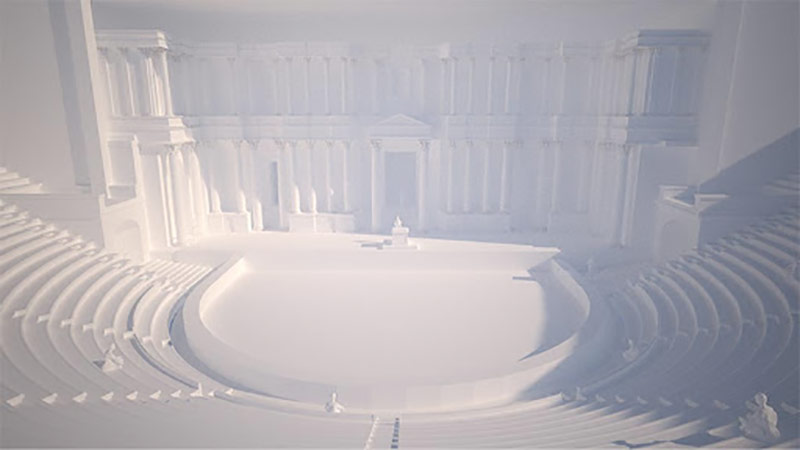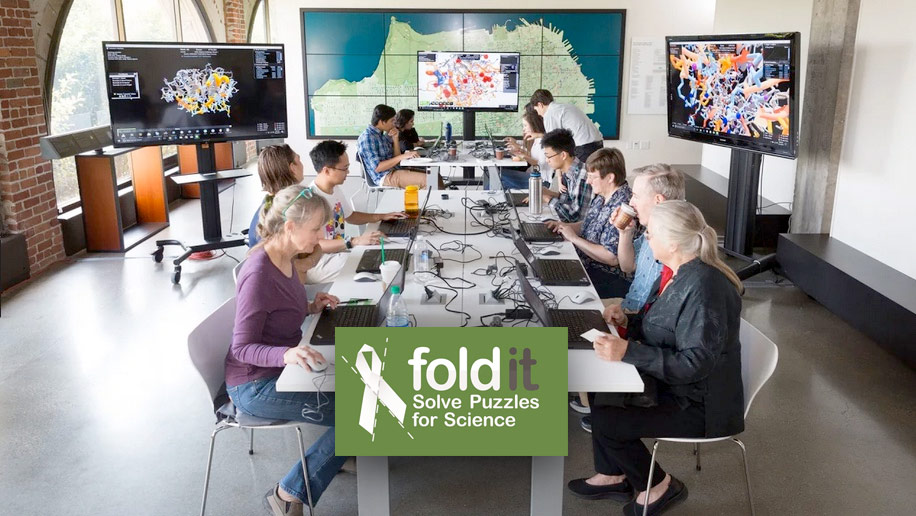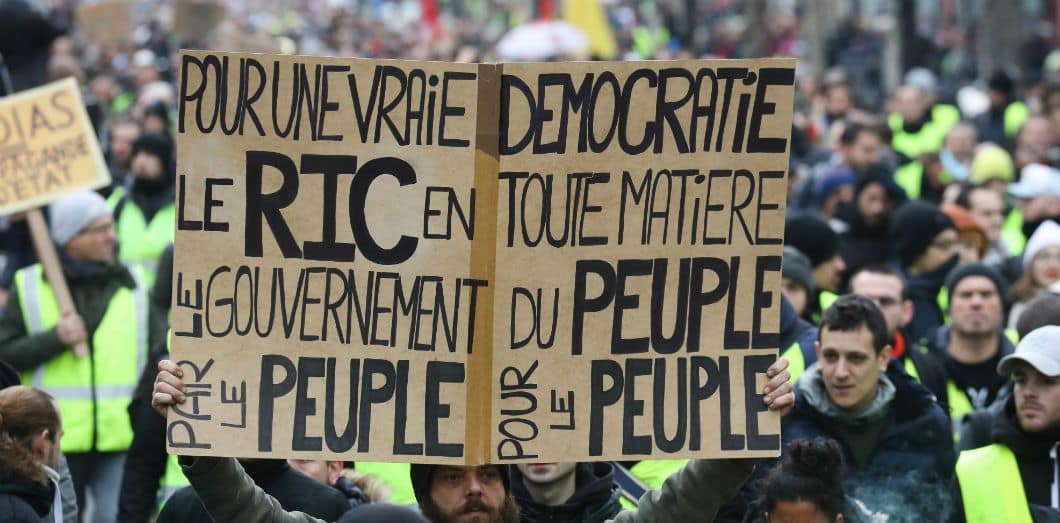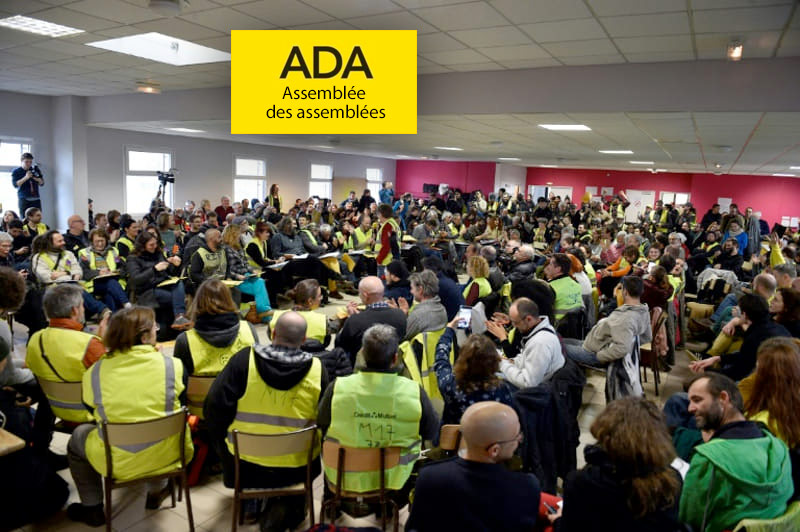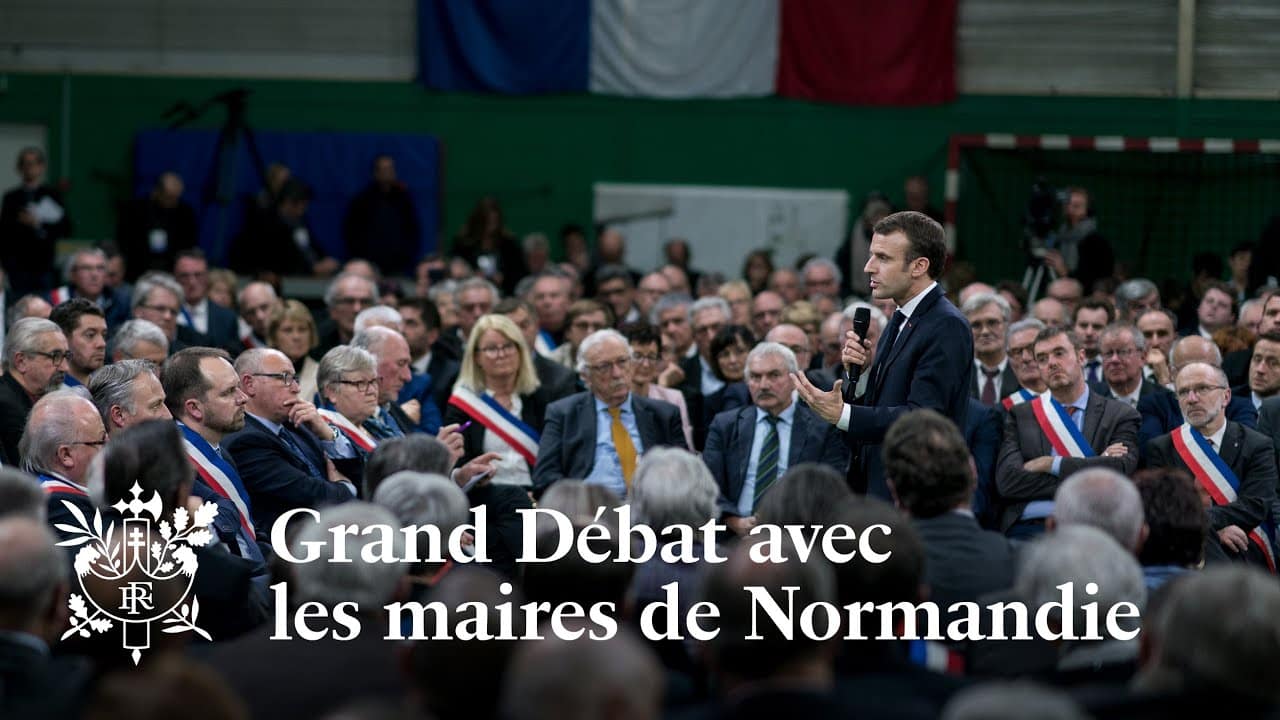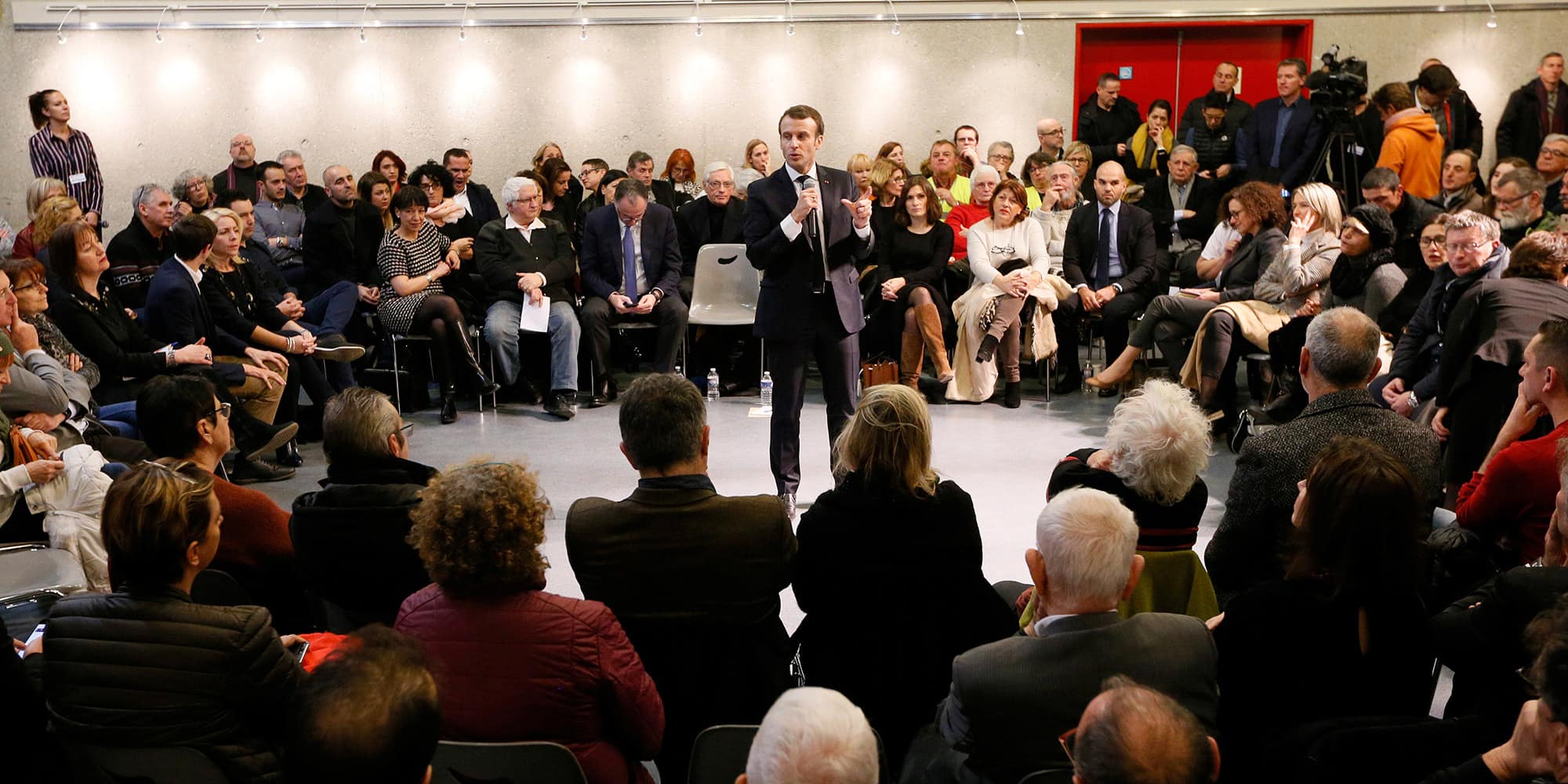The challenge was focused on the possibility of a real participation of ALL, those who wants, by trying to solve the problem of the volume that constitutes 60 million people participating.
We are many. Our problems are also numerous in appearance, but the role of the State is precisely to treat the global and the common, and these problems can be grouped in common and relative with the help of numeric intelligence and semantic. The solutions to problems, on the other hand, return to a reasonable scale to be dealt with because if there can be thousands of participations, there are not concretely 36 solutions to a problem. The challenge lies rather in the debate organisation to compromise, for the various oppositions, keeping the horizon of the interest of the common good always as a rule.
An example that demonstrates the power and magic of collective intelligence is that of two men, one game creator, the other biologist, who together created a crazy game, Foldit, to solve scientific problems encountered by researchers through the “gamers”, on cancer among others. Thanks to this game, which hundreds of thousands of people have played with interest, medicine has taken giant steps where researchers have been stuck for years, sometimes decades.



